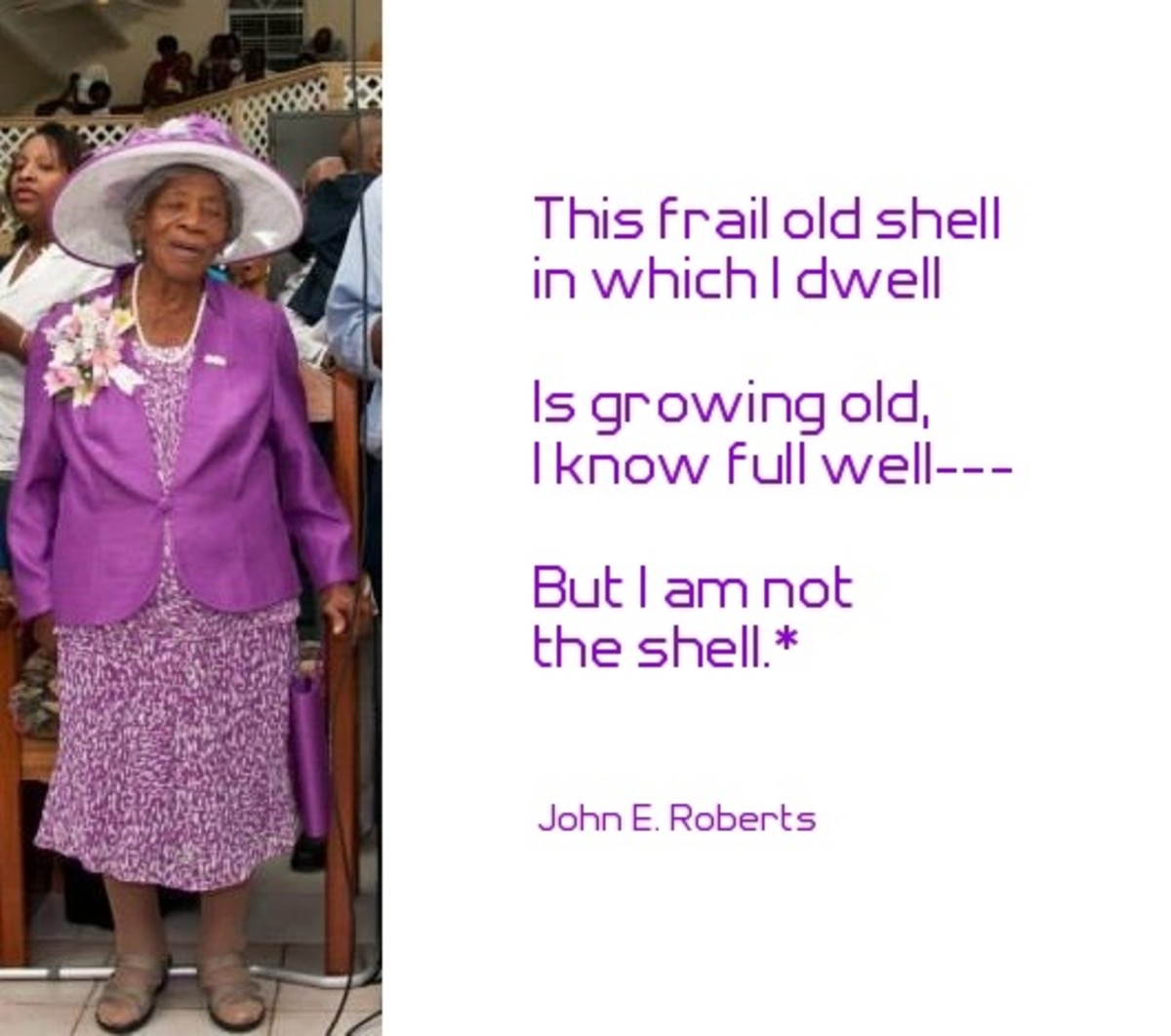The Healthy Aging Brain: a book from Scientific American

The Neuroscience of Making the Most of Your Mature Mind
Author: Judith Horstman. Publisher: Jossey-Bas (an imprint of Wiley) 2012.
Discussion: It goes without saying that a Scientific American publication will be based on good science and research. As a non-scientist fan of the Scientific American, however, sometimes technical articles are not totally accessible. This book, however, is of the "accessible" variety. It is, in my opinion, a well-written, chatty exposition of the current state of aging-brain science without over-complication or undue simplification.
The author chooses expected and well-done sections on aging brain topics such Alzheimers, threats to brain health, nutrition and the like. Ms. Horstman also writes on topics such as "Great Late Achievers," "Are Grandparents Safe Drivers," and other practical matters that I have not seen in other books on aging and brain health. I was particularly comforted to know that I am one of those safe grandparent drivers, according to this book.
One of my significant take aways from Ms. Horstman's book informs the subject of self-care. Self-care becomes more important and more time-consuming as we age. The well-worn statement: "If I had known that I would get this old I would have taken better care of mystelf," sometimes attributed to Milton Berle, obtains here. In this respect, Ms. Horstman discusses research indicating that, because most of us do a better job of taking care of others than ourselves, it may help us retain better health as we age if we care for ourselves today as if we were caring for our future, older selves.
If I was new to reading about neurology and brain health, I would pick this book for a start. Some sections are a little It repetitive of other books in the area, but I did not find this a draw back because:
- It is somewhat reassuring to see that a number of scientists view the research in areas such as threats to brain health the same way; and
- Ms. Horstman's content is directed to the brain as it ages and topics slanted in that direction. I was glad that I read it.
You might also find it useful.








